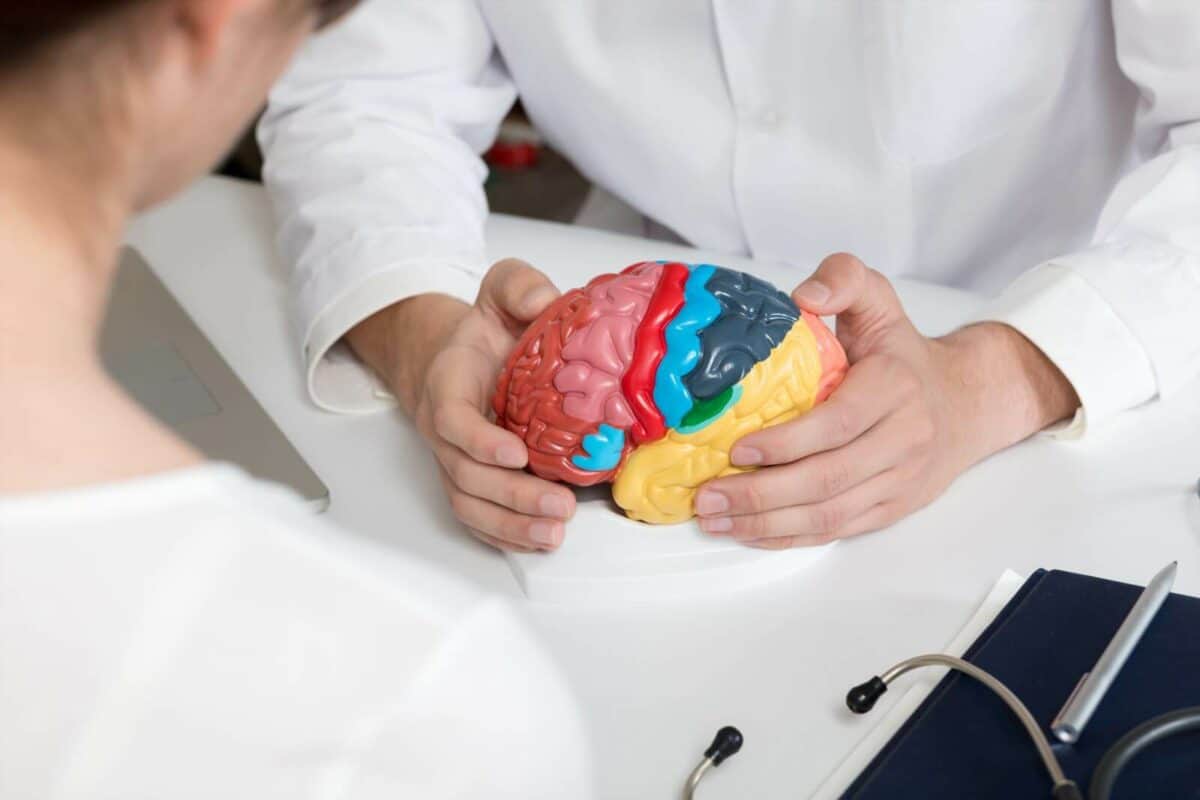- The Advantages of Rechargeable Hearing Aids - July 16, 2024
- How to Enjoy Music Festivals While Protecting Your Hearing - July 3, 2024
- Over-the-Counter Hearing Aids vs. Custom Hearing Aids - June 28, 2024
If you’ve been struggling to hear recently when spending time with family and friends, you may not think it’s a big deal. Hearing loss is drastically underestimated in its effects. Not only is hearing loss common, affecting one in eight between the ages of 12 and 69 in both ears, based on standard hearing exams in the United States, but its effects can touch every aspect of our health, from mood, strength of relationships, physical safety and even our cognitive health. It surprises many to find that while our ears collect sound, hearing happens in the brain and treating hearing loss is an essential factor in our brain’s health as we age.
Presbycusis
The most common cause of hearing loss is related to changes in the ears as we age. This is technically called presbycusis and affects one in three over the age of 65 and rises to one in two by the time we reach 75 years and older. Because hearing loss is so common, researchers explored how our brain responds to hearing loss as we age.
Neuroplasticity
In a recent study from the University of Colorado’s Department of Speech Language and Hearing Science examined how the brain responds when experiencing hearing loss. Specifically, the researchers were curious as to how neuroplasticity affects how the brain adapts to hearing loss. Neuroplasticity is defined as the ability of the brain to form and reorganize synaptic connections, especially in response to learning or experience or following injury, such as a traumatic brain injury (TBI) or stroke.
Many people who are not familiar with the way the brain works make the mistake of thinking the brain is a static and unchanging part of our body, but this is far from the truth.
Neuroscientists have found that the brain is incredibly adaptable and changes throughout our lives as we age.
In the case of hearing loss, it occurs when parts of sound information are blocked from reaching the brain. This occurs in just certain tones, pitches or sounds and can be extremely confusing as the brain struggles to fill in parts of words or words in sentences. It also can make it harder to hear noise and isolate the sounds we want to hear from those around us. This creates a sort of audio deprivation to our brain, leaving parts of our brain unused. Over time, those structures of the brain are reorganized, or assigned to other functions in the brain.
Exploring Brain Function
The researchers at the University of Colorado examined the brain activity of adults and children using EEG technology—a study in which small sensors are attached to the scalp to pick up the electrical signals produced by the brain. These signals are recorded on a graph and can help us understand activity in the brain.
The researchers in this study discovered that areas of the brain normally used to hear weren’t activated which caused other senses such as vision or touch, to take over the parts of the brain normally dedicated to hearing. Scientists refer to this process as t cross-modal cortical reorganization, meaning that the brain compensates for loss in one sense by strengthening other senses—also known as sensory compensation.
Neuroplasticity and Cognition
The ability to adapt in the brain may seem like a positive thing, however, in the case of hearing loss, neuroplasticity can negatively affect cognition. There is a general understanding that hearing loss leads to a reduction in the ability to concentrate, , slower processing, and cognitive decline increasing the risk of dementia. In the case of neuroplasticity, areas of the brain used for higher level thinking, overcompensate.
“Centers of the brain that are typically used for higher-level decision-making are then activated in just hearing sounds,” Anu Sharma from the University of Colorado explains. “These compensatory changes increase the overall load on the brains of aging adults.”
Treating Hearing Loss Supports Your Brain
If you suspect you have hearing loss it is important to avoid putting it off. Studies show early intervention and treatment is the key to supporting your brain and maintaining cognitive function. The first step is reaching out and scheduling a hearing exam. Get ready for the future now by caring for your hearing. Contact us today!

